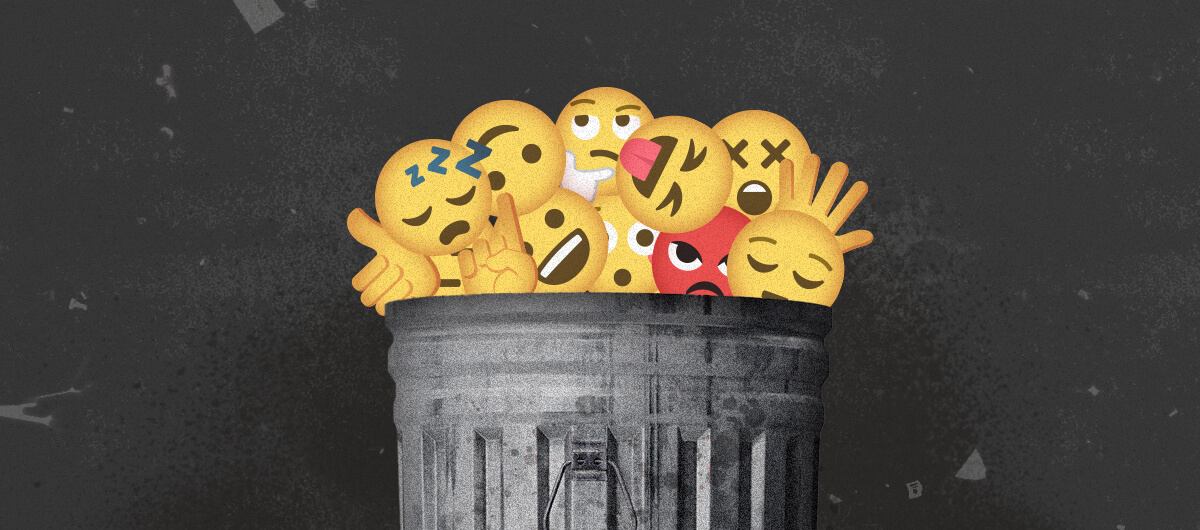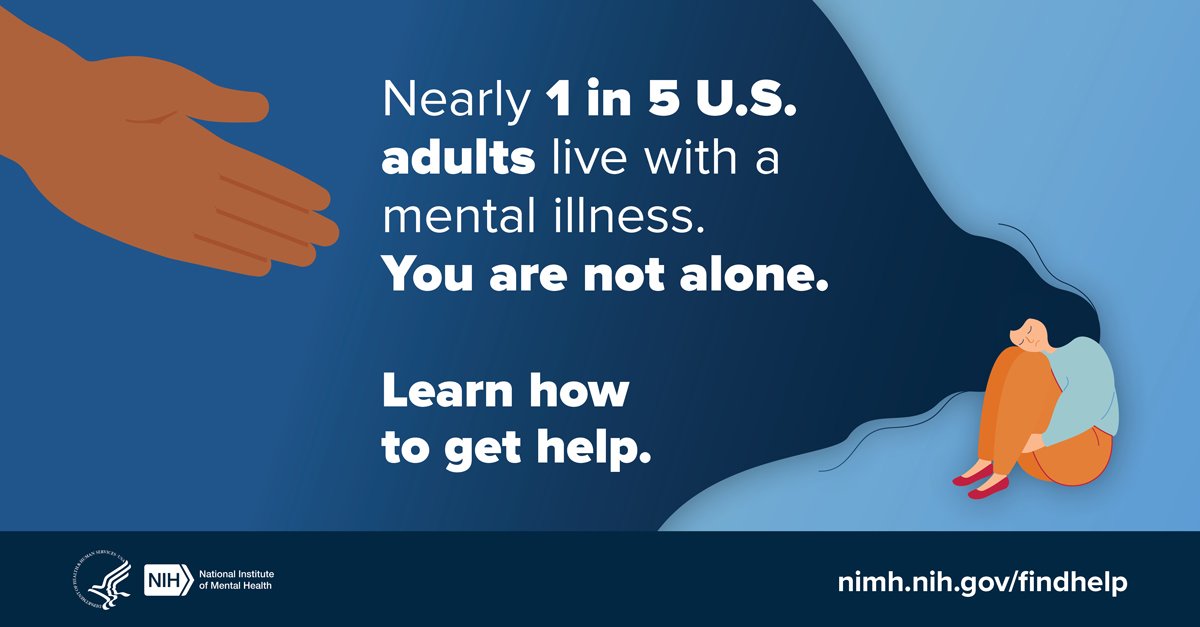- Blue Monday
- Posts
- Liking Makes You Lonely?
Liking Makes You Lonely?
Social Media and Anxiety
Hi there,
This week's newsletter tackles two important aspects of mental well-being: finding reliable support and navigating the social media landscape.
Feeling lost in a sea of resources? Don't worry, we've got you covered. This edition equips you with valuable tools and resources to navigate the search for a therapist, including recommendations, online directories, and crisis support options.
But our mental health isn't just affected by the outside world – the online world can also play a role. We'll also explore how social media habits can contribute to anxiety and feelings of inadequacy. We'll provide tips on managing your online experience and prioritizing real-life connections to combat these anxieties.
By taking charge of both your online and offline well-being, you can invest in a healthier and happier life. Let's dive in!
In this edition, we'll explore:
Managing Social Media and Anxiety
Finding Reliable Mental Health Support
Finding the Right Therapist
Let’s get started!
Scrolling through social media can be a double-edged sword. While it connects us with friends and family, it can also fuel anxiety and feelings of inadequacy. Here's how:
The Highlight Reel: Social media feeds are often curated to showcase the best moments, vacations, and achievements. This constant comparison can trigger feelings of FOMO (Fear of Missing Out) and make your own life seem dull.
Social Comparison Trap: Comparing your everyday experiences to others' carefully crafted online personas can lead to low self-esteem and a distorted sense of reality.
Cyberbullying and Negativity: Even if you avoid it directly, exposure to negativity and online harassment can contribute to anxiety and social isolation.
So, how can you break free from this cycle?
Be mindful of your usage: Track how much time you spend on social media and set limits.
Curate your feed: Unfollow accounts that make you feel bad about yourself or contribute to negativity.
Focus on real-life connections: Prioritize face-to-face interactions with friends and family.
Seek professional help: If social media anxiety is affecting your daily life, consider talking to a therapist.
Remember, social media can be a powerful tool, but it's important to be aware of its downsides. By taking control of your online habits, you can use social media to connect and uplift yourself, rather than letting it fuel your anxieties.
Finding Reliable Mental Health Support
Seek Recommendations: Talk to trusted friends, family, or your primary care physician for therapist recommendations.
Do Your Research: Explore online directories offered by the Substance Abuse and Mental Health Services Administration (SAMHSA) or Mental Health America to find licensed professionals in your area. Consider factors like insurance coverage, availability, and areas of specialization.
Understand Payment Options: There are free or low-cost options available. Explore resources like university counseling centers or online therapy platforms.
Crisis Support Resources
In times of crisis, immediate help is essential. Here are some resources offering 24/7 assistance:
Suicide & Crisis Lifeline (988): Confidential support for suicidal crisis or emotional distress.
The Trevor Project: Crisis intervention and suicide prevention for LGBTQ+ youth.
Disaster Distress Helpline: Provides crisis counseling for those affected by natural or human-caused disasters.
Finding the Right Therapist
Consider Shared Qualities: Look for therapists who share your language, culture, or background to ensure a comfortable therapeutic environment.
Online Therapy: Explore online therapy platforms that offer convenient and accessible mental health services.
Remember: Finding the right therapist is a personal journey. Don't hesitate to reach out for help if needed. Taking care of your mental health is an investment in your overall well-being.
Additional Resources:
We hope this newsletter empowers you to take charge of your mental health journey. By prioritizing self-care and seeking support, you can invest in a healthier and happier life.
P.S. Sign Up for our newsletter and get access to our free guide “The 7-Day Brain Hack: Stress Less, Achieve More - Your 10 Minutes to Happiness”
With care,
The Blue Monday Team



